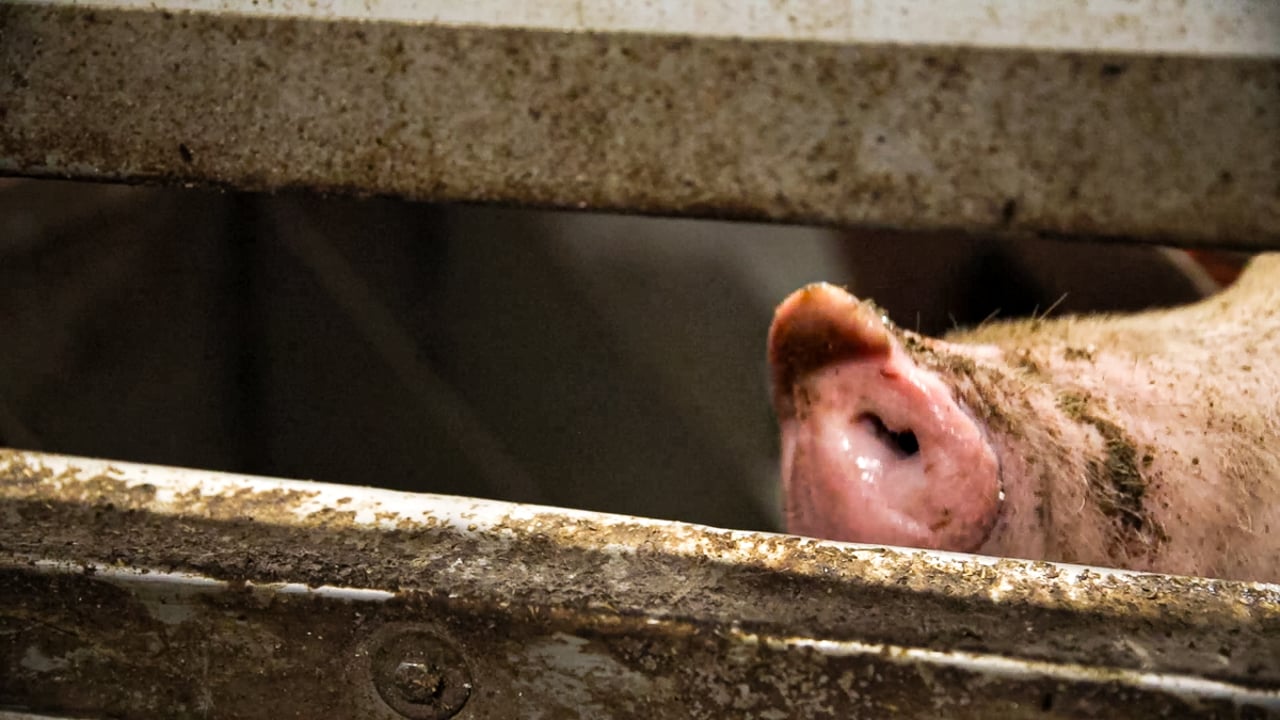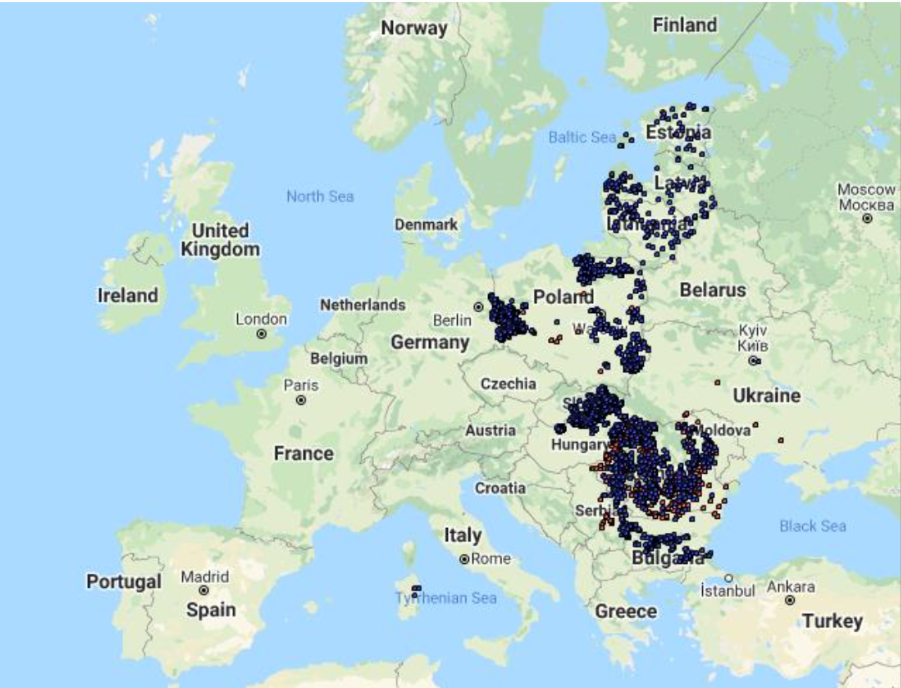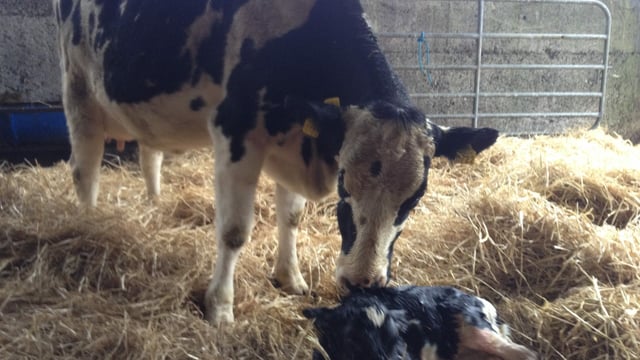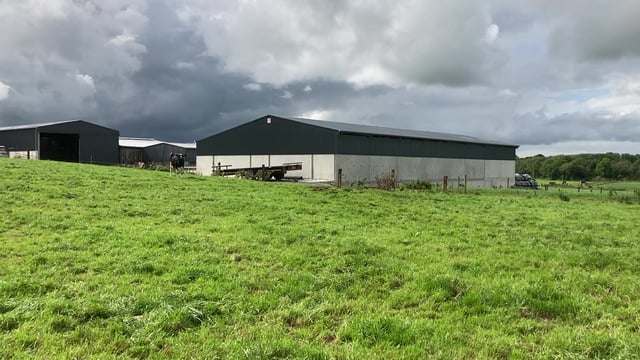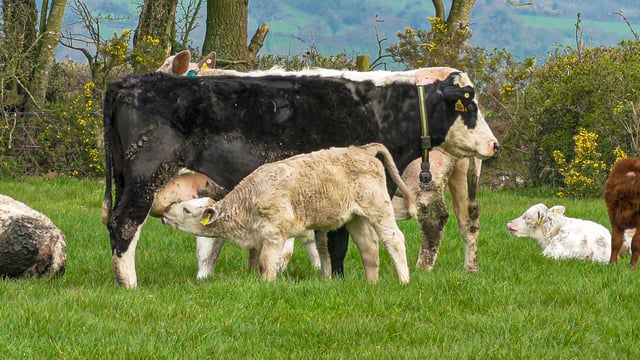African swine fever: What is the EU status of this global threat?
African swine fever (ASF) is familiar to us as the deadly disease that wiped out an estimated 50% of China's national pig herd - a number believed to be in the region of 200 million pigs - following a major outbreak there in 2018.
This highly contagious haemorrhagic viral disease has been described as an "unprecedented global threat" by world health authorities - a threat for which there is no available vaccine.
While it has a devastating impact on pigs, it does not affect humans.
According to the World Organisation for Animal Health (OIE) this "transboundary animal disease (TAD) can be spread by live or dead pigs; domestic or wild; and pork products."
Transmission can also occur via contaminated feed and fomites (non-living objects) such as shoes, clothes, vehicles, knives, equipment etc., due to the high environmental resistance of the ASF virus.
Routes of ASF transmission between pigs can include:1. Direct contact with infected domestic or wild pigs;2. Indirect contact, through ingestion of contaminated material (eg. food waste, feed, or garbage);3. Contaminated fomites, or biological vectors (soft ticks of the genus Ornithodoros) where present.Source: OIE
There have been no outbreaks of the disease in Ireland, but it has been spreading throughout Europe since 2014.
Here, we take a look at the status of ASF across Europe right now.
The countries currently impacted are as follows:
ASF-free
Belgium and the Czech Republic (also known as Czechia) are two ASF-impacted countries that have eradicated the virus and are now ASF-free.
Belgium has been free from ASF in the domestic pig since 2019, with just three cases recorded in 2020 in wild boar.
No cases have been reported in either pig or boar in 2021.
The Czech Republic has been ASF-free since 2019 also. The virus was first discovered there in 2017, in wild boar, but with targeted measures, no cases have been identified there since April 2018.
In Belgium's case, its response to the disease outbreak has been described as urgent; it implemented a tailor-made wild boar hunting management plan; it underwent an active search for carcasses; it enhanced fencing; and ensured here was coordination and close cooperation between all parties to eliminate the disease.
And since the outbreak, Belgium authorities have put in place a clear strategy to maintain eradication of ASF.
This involves surveillance, monitoring and culling of wild boar, ongoing biosecurity, search for and removal of carcasses.
Germany
ASF was detected in wild boar in Germany in September 2020 and since then almost 2,000 wild-boar cases have been recorded.
In domestic pigs, three cases have been discovered so far in 2021.
Only a very limited area is affected and the three outbreaks occurred in small establishments, and were quickly contained, according to the European Commission. Zoning is in place in the areas.
Poland
The evolution of ASF in Poland has been described as worrying by the European Commission.
A high number of cases and outbreaks have been found in three main clusters located in the north, south and west of the country.
In July 2021, ASF was notified in central regions of Poland in new areas in domestic pigs, far from previously recognised clusters. So enlargement of ASF-related restrictions may be needed in future.
Ireland
The Department of Agriculture, Food and the Marine has the following advice in relation to keeping Ireland ASF-free:

